Premium Only Content
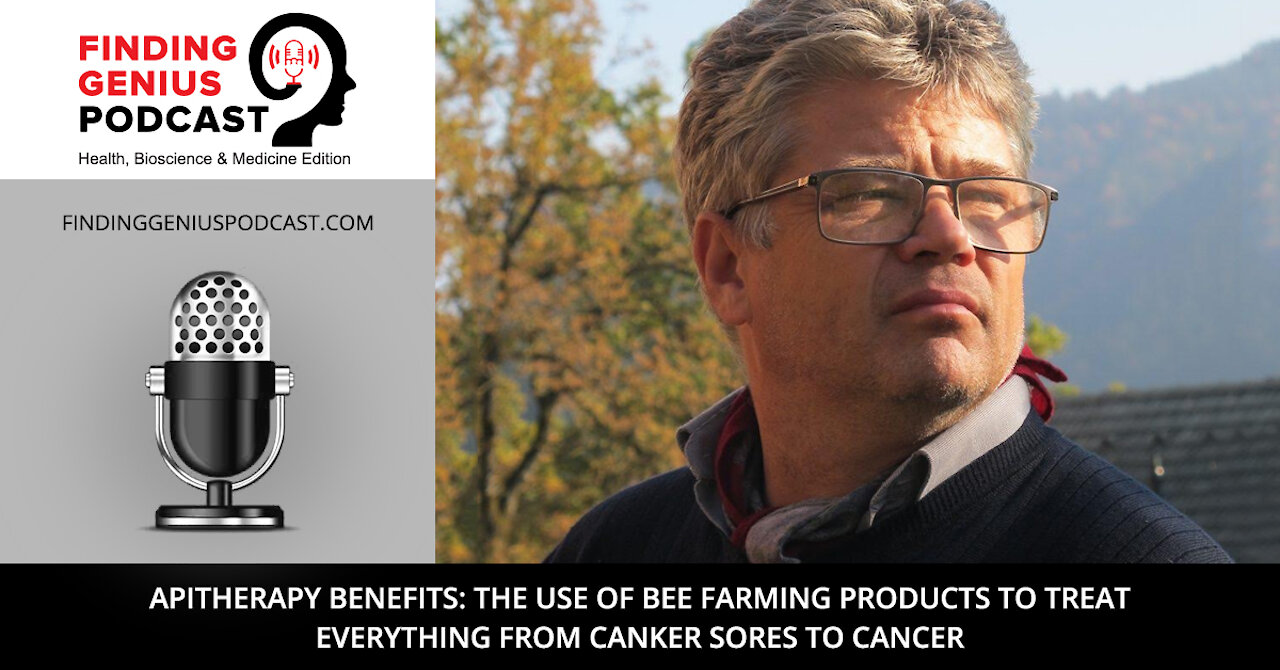
Apitherapy Benefits: The Use of Bee Farming Products to Treat Everything from Canker Sores to Cancer
Can bee stings really treat common human medical ailments like pain, inflammation, or even cancer? Dr. Janos Zsolt Kormendy Racz, President of the Hungarian Apitherapy Association, explains the naturopathic practices of apitherapy and beekeeping.
Tune in to learn more about:
Bees impact on humans from a health perspective
The dramatic effects of apitherapy products on a wide variety of patients
Apitherapy benefits versus risks
Apitherapy is the practice of applying bee farming products to humans for their health benefits. Honey, for instance, has been well-documented throughout recorded human history as a natural topical antiviral, anti-inflammatory, and antibiotic. Its components are now even being researched as a possible COVID-19 treatment due to its anti-inflammatory and immune response enhancing properties.
Honey is far from the only bee therapy products that has been shown to have a dramatic effect on human health. Royal jelly, the sole food of queen bees, is so nutrient dense that it is considered an appropriate alternative to a multivitamin. Propolis can be used as an oral rinse to treat gingivitis and canker sores. The inhalation of beehive air is being prescribed in Germany as a treatment for immune disorders and allergies.
Natural healers have been using bee stings as therapies for thousands of years. Today, bee venom is being officially researched for its potential to treat major diseases such as multiple sclerosis, Alzeimer’s disease, Parkinson’s disease, and rheumatoid arthritis. Bee venom therapy, of course, is not without its fair share of possible side effects. Allergic reactions, including anaphylactic shock, can occur and associations have been made between bee sting therapy, Lupus, and liver toxicity. Are the risks worth the reward? In the cases of many patients who have been living with chronic pain, inflammation, or other illnesses, the answer is a resounding yes.
Available on Apple Podcasts: apple.co/2Os0myK
-
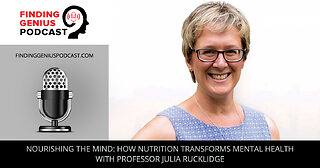 53:14
53:14
FGP
12 days ago🧠 Nourishing The Mind: How Nutrition Transforms Mental Health 🌱💡
19 -
 1:43
1:43
chrisbeatcancer
4 years agoCancer Fighting Foods | Benefits of Eating Organic
240 -
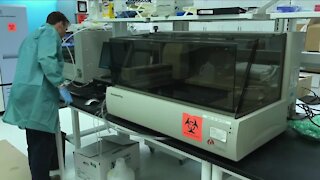 1:25
1:25
KMGH
4 years agoWorld Cancer Day: New tool to treat cancer & prevention tips
1.11K -
 2:12
2:12
WFTS
4 years agoPediatric cancer patients receive surprise Valentine's Day treat
318 -
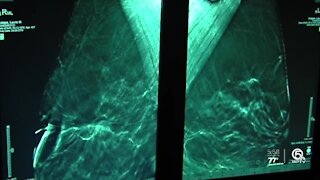 2:00
2:00
WPTV
4 years agoNew technology used to treat breast cancer
800 -
 6:31
6:31
B&D Product & Food Review
4 years ago $0.01 earnedUnboxing fall products from eBay
54 -
 0:50
0:50
WFTS
4 years agoDoctors learn new ways to help treat breast cancer
6623 -
 1:07
1:07
B&D Product & Food Review
4 years agoReviewing Pup Puffs Treat from PetSmart
21 -
 6:33
6:33
HMItv
4 years ago $0.01 earnedLady Healed from Cancer | Deon Hockey Throwback
157 -
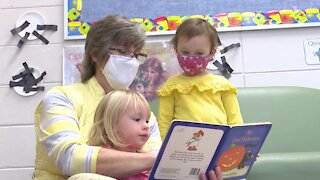 1:53
1:53
WGBA
4 years agoStudent benefits from child care grant
13